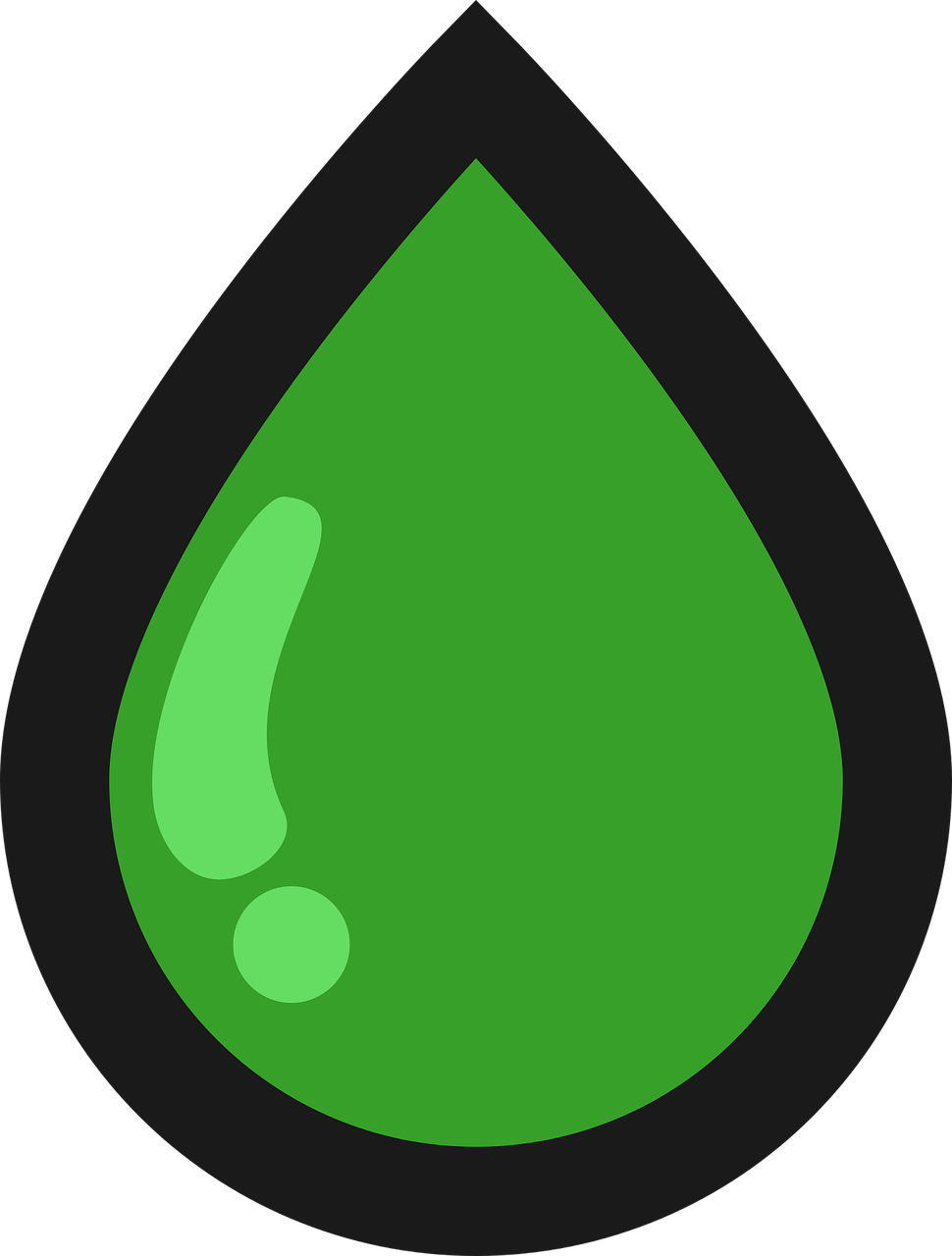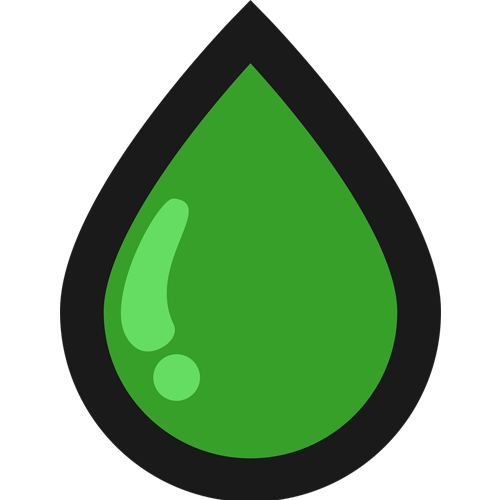Key Takeaways
– CBD is legal in Germany as a dietary supplement.
– CBD products must not exceed 0.2% THC to remain legal.
– The legality of CBD flowers is less clear.
– Selling CBD flowers to private individuals is not considered scientific or commercial use.
– Consumers should choose processed CBD products from reputable sellers.
Introduction
CBD, short for cannabidiol, has gained significant popularity in recent years for its potential health benefits. In Germany, CBD is legal as a dietary supplement, as it does not cause intoxication like THC, the psychoactive compound found in cannabis. However, the legality of CBD flowers, also known as CBD buds or CBD hemp flowers, is a topic of debate among jurists. This article will explore the legal status of CBD flowers in Germany and provide insights for consumers looking to navigate this gray area.
The Legal Status of CBD Flowers
In Germany, the sale and possession of cannabis flowers are generally illegal, as they contain THC. However, there is a distinction between cannabis flowers with high THC content and CBD flowers with low THC content. CBD flowers are derived from hemp plants that contain high levels of CBD and low levels of THC. While CBD flowers are not intoxicating, they may still contain traces of THC.
The 0.2% THC Limit
To remain legal, CBD products, including CBD flowers, must not exceed 0.2% THC content. This limit is based on the European Union’s regulations for hemp-derived products. If a CBD flower exceeds this threshold, it is considered a cannabis product and falls under the same legal restrictions as cannabis flowers with higher THC content.
The Gray Area of CBD Flower Legality
The legality of CBD flowers in Germany is a gray area due to conflicting interpretations of the law. While the sale of cannabis flowers is legal if it is exclusively for commercial or scientific purposes that exclude misuse for intoxication, selling CBD flowers to private individuals is not considered scientific or commercial use. This distinction raises questions about the legality of CBD flowers for personal consumption.
Choosing Safer CBD Products
Given the legal uncertainties surrounding CBD flowers, consumers should exercise caution when purchasing and possessing them. While it is rare for individuals to be prosecuted for buying or possessing CBD flowers, there is still a potential risk. To be on the safe side, consumers can opt for processed CBD products from reputable sellers that comply with the legal THC limit of 0.2%.
Alternative CBD Products
Fortunately, there are various CBD products available that are considered safer options. CBD oils, foods, salves, and cosmetics are widely available and legal in Germany. These products undergo processing that ensures they contain minimal THC, if any at all. By choosing these processed CBD products, consumers can enjoy the potential benefits of CBD without the legal uncertainties associated with CBD flowers.
Conclusion
While CBD is legal in Germany as a dietary supplement, the legality of CBD flowers remains a gray area. Although it is rare for individuals to face legal consequences for purchasing or possessing CBD flowers, there is still a potential risk. To ensure compliance with the law and minimize any legal uncertainties, consumers are advised to choose processed CBD products from reputable sellers that adhere to the legal THC limit of 0.2%. CBD oils, foods, salves, and cosmetics are considered safer options and widely available. By making informed choices, consumers can enjoy the potential benefits of CBD while staying within the bounds of the law.



